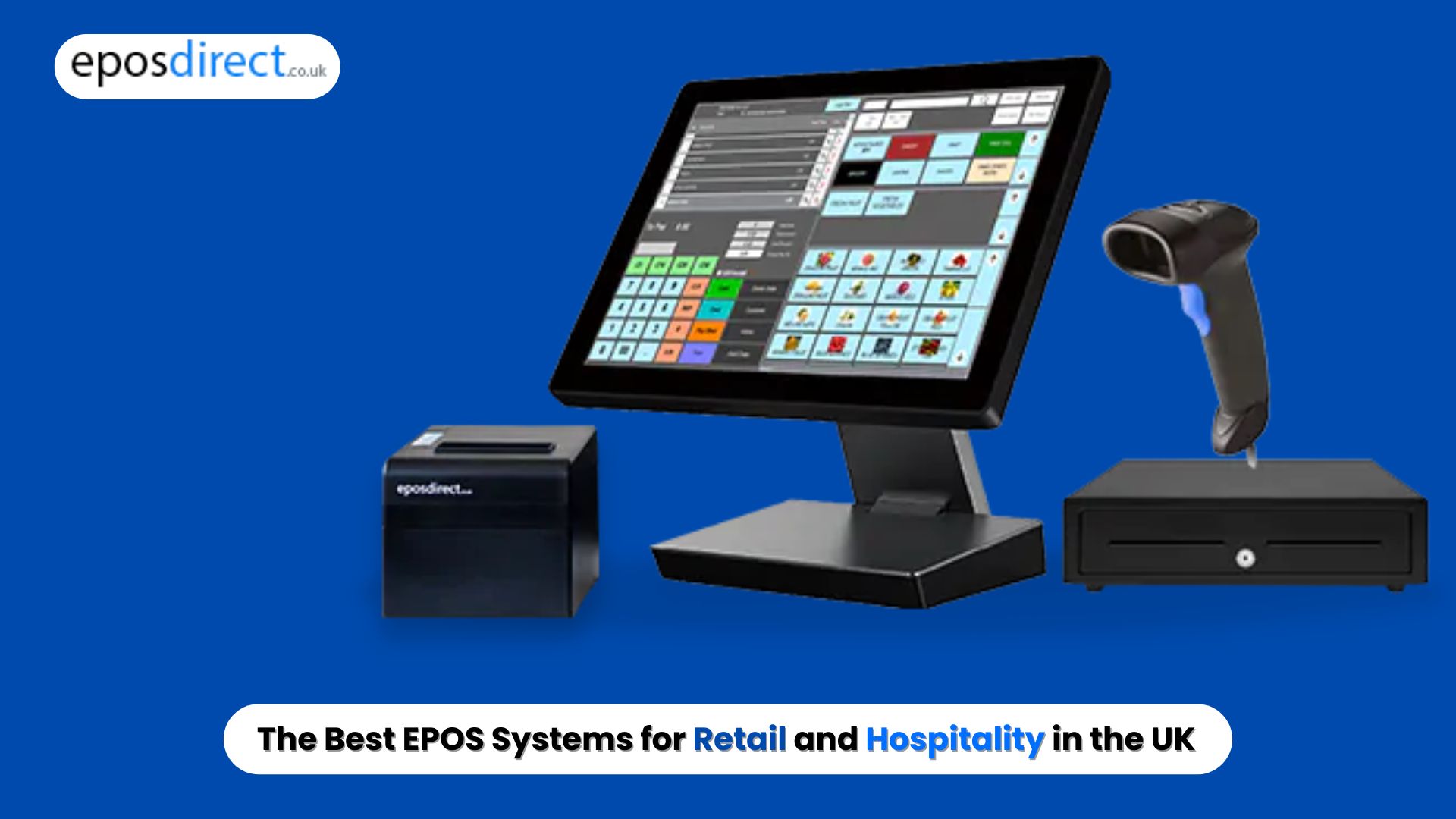We use cookies to make your experience better.
To comply with the new e-Privacy directive, you agree to the privacy policy and our use of cookies
What Is The Difference Between EPOS System and Cash Register?
Basically, the EPOS system acts as the centre of your business and can integrate sales in a simple way to help you with understanding important things for example what customers purchase the most and what is running low on stock and so on.
Cash registers used to play an incredibly crucial role in small shops, but EPOS systems have proved to be more cost effective in most of the cases. In any case, a store that principally accepts cash and card payments may find a cash register suits their requirements more. It really depends upon your specific needs.
What is a Cash Register?
A machine that has the ability to record sales transactions, give customers back their change and hold cash safely, typically in a locked drawer. Most cash registers will come with a keyword, barcode scanner, cash drawer, receipt printer and scales.
At present, many cash registers are digital and include a twofold sided visual display and a manual keypad. If you have a business that requires a lot of manual input and time consuming processes, the cash register is right for you.
What is an EPOS System?
An EPOS system is an electronic system that handles financial transactions, tracks stock, and records multiple kinds of business data.
Similar to a cash register, but rather than exclusively monitoring sales, it incorporates data with your business so you can monitor basic data to do with your sales. The system uses a blend of hardware and epos software and centralizes your transactions.
EPOS systems improve a business` efficiency of the machine`s efficiency to track, analyse and interpret more data. They will also give deeper insights that lead to better-informed decisions.
Main differences between the cash register and an EPOS System
In a nutshell, a cash register only has the ability to let you how much cash you`re making, an EPOS system will give you a greater amount of insight into your sales such as what sells best, what is low on stock, what staff performs best and scaling back on items that don`t sell best.
Data from an EPOS System
- What are your most popular products are
- Who your most loyal customers are
- Which products are getting low in stock and should be reordered
- Which of your staff achieve more sales
- What your customers think about your business
- Which areas of your business are and aren`t working
Advantages of EPOS Systems
- Detailed reports
- Stock management and control
- Improved accuracy
- Loyalty programs
- Gift vouchers
- Effectively grow develop with the business
Advantages of Cash Registers
- Minimal cost for startups
- Most models are easy to use
- Fewer components
- Fundamental functions and reporting
- Basic X and Z readings, including readings of stock sold
- Longer life since there is no need of updating constantly like an EPOS








